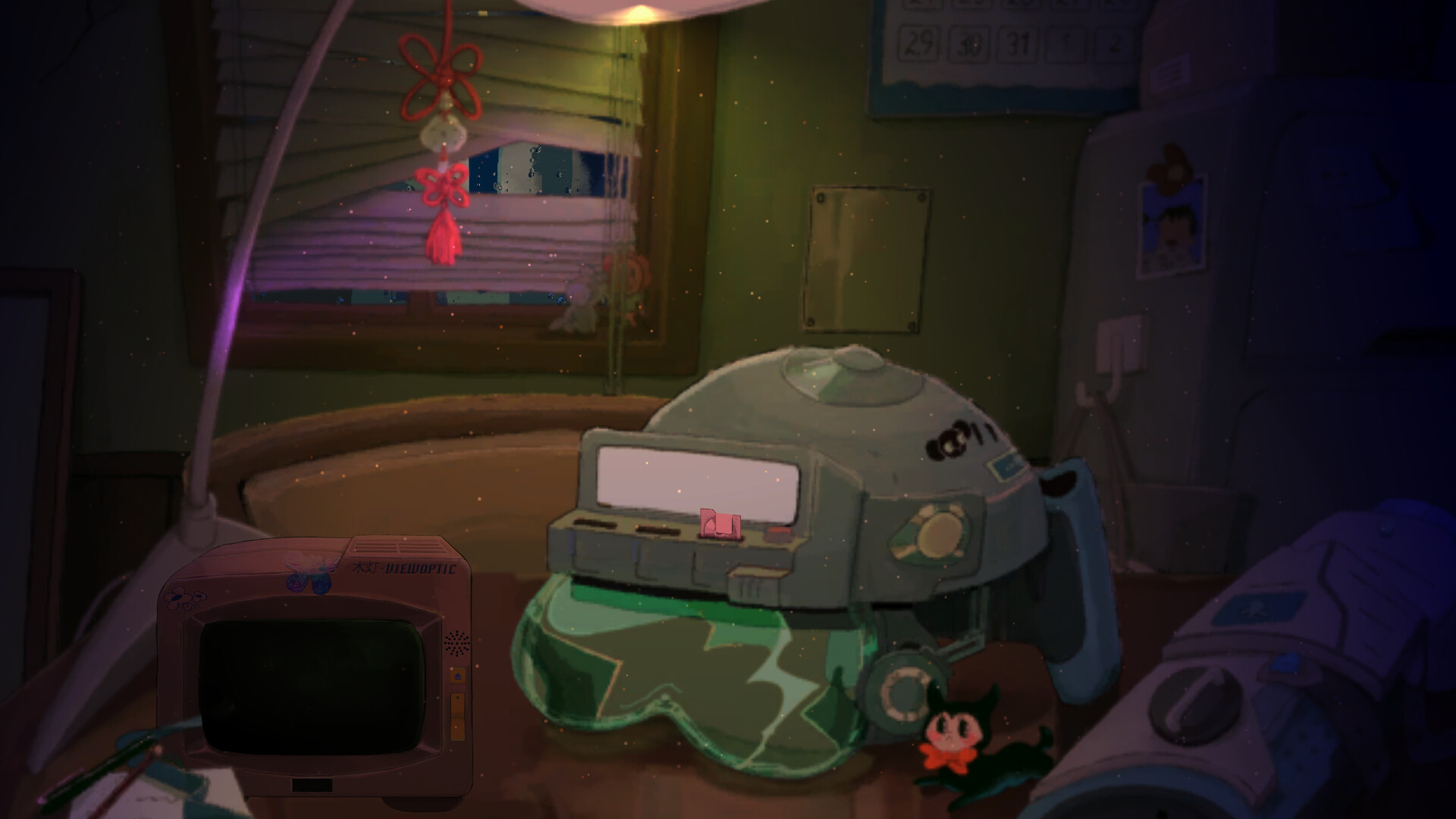
Need for Speed has been a franchise in freefall as far as the racing genre goes. With the modern era of titles being regarded as either scattershot or well-intentioned at best, especially by die-hard fans compared to their golden age of releases.
This may all change soon, with Criterion making bold choices and improvements for the next installment.
Franchise in trouble
Until it’s unceremonious end in 2020, Ghost Games took the reins of the series in 2012, being renamed from EA Gothenburg and spearheading it’s new era.
Building on the framework left by developers before it and the Frostbite Engine, the team’s first project, Rivals, was met with mixed success. A theme that permeated their entire portfolio going forward – before eventually making the difficult choice to reboot the series to turn heads and cement the future series’ direction. After the team taking an extra year on development for the reboot, Need for Speed (2015) was the ultimate example of style over substance: While the return to its roots presented a beautiful world with rich customisation and potential, the game was let down by it’s wonky physics, weak police AI and cringey story.
Need for Speed Payback didn’t fare much better. Like the previous game, while it introduced many unique and exciting concepts it was pulled down by others. Having bespoke car classes for certain tasks and campaigns was a breath of fresh air and the different classes were truly fleshed out, like the debut of Off-Road and the map expanding to accommodate, or Runner as a build dedicated to fighting the cops, the game faltered thanks to a microtransaction-driven card system for upgrades and cosmetic flourishes. One of the series’ now-iconic staples, the police chasing you, was reduced to a shallow, scripted shell and was only incorporated into freeroam via set missions.
Need for Speed Heat in 2019 was beginning to see the formula refined to the point of success with tightened up physics, a decent (if cheesy) story and even more car expression with a good upgrade system, EA decided that enough was enough and not only killed the game’s post-launch support, but the studio itself, reallocating the series to Criterion for it’s next title.
NFS: Unbound and redefining the series
While it does look to use the same engine and foundations as NFS Heat before it, Unbound from the onset looks to be doing many things differently. For one, it fully commits to the future by releasing only for the new generation of consoles and PC, allowing the upgraded and exaggerated visuals to be viewed without compromise.
On the topic of visuals, the game was leaked early and said to include ‘anime-like’ exaggerated effects, the reveal proving those claims with cel-shaded smoke, speed trails cartoon wings sprouting from your car in a flurry of vibrance and style. Yes, you can turn them off if you really want to, but this element alone is what has me most excited for the game.
We are getting 143 cars taking, us racing across visual replicas of Chicago and Detroit. There is no Toyota in this one yet again, but you can drive A$AP Rocky’s Mercedes 190E.
Need for Speed as a franchise is no stranger to an identity crisis – It’s early 2000s heyday was followed by a wave of ‘experiments’ reaching from professional and simcade racing, to a Fast and Furious-like undercover cop thriller. By fully committing to the ‘underground’ vibe and having as exaggerated of a visual style as it does, it shows that the team at Criterion have a pretty strong idea of what they want their game to be.
Details are currently thin but hopes are high, and with the team at Criterion releasing weekly updates on in-game content, we can only hope that they succeed where Ghost Games failed. Let’s hope those fancy visuals are emblematic of a great game and not just a smattering of flashy window dressing. Those looking for the next title in virtual racing esports may find a home here.
Need for Speed Unbound is set to release on December 2nd for Playstation 5, Xbox Series X and PC.
Read next: Chicken Derby – NFT Racing goes Play to Earn






